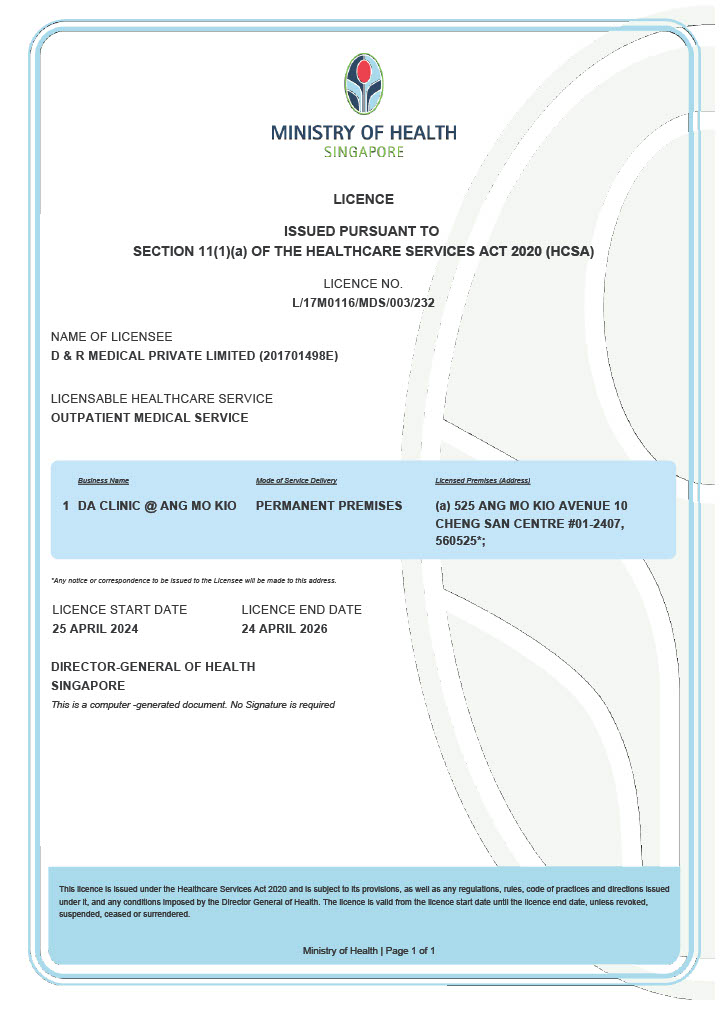
Past a certain age, you may hear your friends saying, “I can’t eat this because of my cholesterol.” You may even have uttered these words yourself! But why are high cholesterol levels harmful and what can you do to manage your cholesterol levels?
Contrary to popular belief, not all cholesterol is bad! Cholesterol is a fatty substance found in the blood and there are two types:
- HDL cholesterol, which helpfully binds and flushes cholesterol out
- LDL cholesterol, which is the ‘bad cholesterol’ and should be avoided. Excess LDL cholesterol can build up in the walls of your blood vessels. This limits blood flow to your vital organs and increases the risk of heart issues.
Ultimately, what you want to do is lower your LDL cholesterol level while raising your HDL cholesterol levels. This helps to keep your heart healthy and working well, while lowering your risk of heart disease and stroke.
To manage your cholesterol levels, keep these 4 easy tips in mind.

Eat more good fats and less animal fats
‘Good’ fats raise your HDL cholesterol levels and can be found in unsaturated fats and omega-3 fatty acids. Some examples of foods that would be good to incorporate in your diet are:
- Fatty fish (like salmon, mackerel, sardines)
- Nuts (like walnuts, almonds, cashews)
- Seeds (like sunflower, chia seeds and flaxseeds)
- Avocadoes
On the flip side, be conscious of your intake of saturated fats and trans fat, which raise your LDL cholesterol levels. You can:
- Minimise consumption of butter, lard, and parts of the animal meat, which have high amounts of saturated fat
- Reduce your intake of fried foods, processed foods and commercial baked goods, which tend to have trans fat
Sit less, move more
Unfortunately, the average time spent sitting has increased dramatically since a decade ago, and Southeast Asia has not been spared from the phenomenon. So get off your chair and stretch more to get your blood flowing.
Apart from helping you look and feel great, the benefits of exercise extend to managing your cholesterol levels. Simply put, exercise facilitates the process that flushes out LDL cholesterol from the body.
Being a frequent mover and exercising regularly also helps you maintain a healthy weight. This is also a key part of keeping cholesterol levels low.
Learn how to manage your stress
We all know that in general, stress is bad and can affect our physical health. But did you know that according to numerous research journals, chronic stress plays a key part in increasing cholesterol levels?
When you’re stressed, your body produces more energy by increasing blood sugar levels. This ends up stimulating triglycerides and cholesterol production, leading to higher cholesterol levels.
Excess stress can also spill over to the other parts of your life. Depending on how you deal with stress, this may potentially cause you to turn to binging on unhealthy foods or ceasing your exercise routine as a short-term form of stress relief.
To destress, take time to unwind, connect with your community, and practice being calm and cool with techniques like meditation or deep breathing.
Get a cholesterol screening test
Interestingly, high cholesterol typically shows no signs or symptoms until your health condition turns more severe. Screening is thus highly encouraged, especially for individuals with a family history of high cholesterol, suffer from diabetes, smoke cigarettes and/or are overweight.
Together with the cholesterol screening test, you can also choose to test for obesity, diabetes and high blood pressure.
Don’t wait till it’s too late! Book a health screening appointment at any of our islandwide clinics or do it in the comfort of your home. If you need help managing high cholesterol levels, you can also speak to our doctors anytime on the DA app, with medication delivered to you.





















